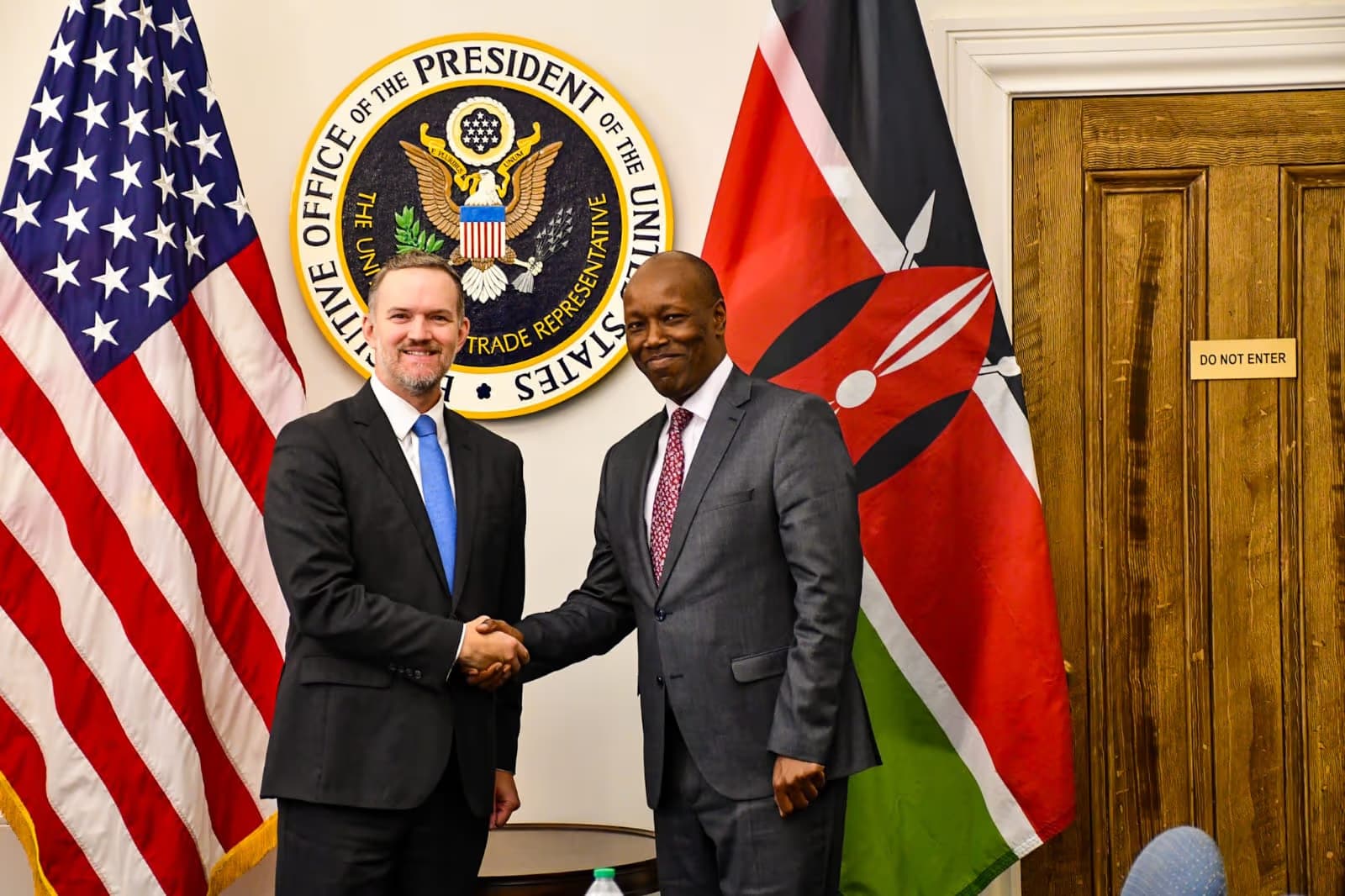We're loading the full news article for you. This includes the article content, images, author information, and related articles.
A record-long US government shutdown is causing cascading flight cancellations worldwide, creating uncertainty for Kenyan travellers, exporters, and the nation's vital tourism sector. The political stalemate in Washington also jeopardises critical trade negotiations and foreign aid.

WASHINGTON D.C. – A political stalemate in the United States has triggered the longest government shutdown in the nation's history, causing widespread disruption to global air travel and raising significant concerns for Kenya's economy, including its tourism and export sectors. The shutdown, which began on Monday, October 1, 2025, entered its 41st day on Monday, November 10, 2025, with thousands of flights cancelled daily as aviation authorities grapple with staffing shortages.
The U.S. Federal Aviation Administration (FAA) has been forced to reduce flight capacity at 40 of the country's busiest airports due to a rising number of air traffic controllers, who are required to work without pay, calling in sick. On Sunday, November 9, more than 2,100 flights were cancelled and over 7,000 were delayed across the United States, according to the flight-tracking service FlightAware. The FAA's directive mandates a phased reduction in flights, starting at 4% and escalating to 10% by Friday, November 14, if the shutdown continues.
U.S. Transportation Secretary Sean Duffy warned on Sunday of dire consequences if the impasse is not resolved soon, stating that air travel could be "reduced to a trickle" ahead of the critical Thanksgiving holiday period. "Many of them are not going to be able to get on an airplane, because there are not going to be that many flights that fly if this thing doesn't open back up," Duffy told CNN on Sunday, November 9.
The disruption directly threatens Kenyan interests by creating uncertainty for travellers and trade. Kenya Airways operates a daily non-stop flight between Nairobi's Jomo Kenyatta International Airport (JKIA) and New York's John F. Kennedy International Airport (JFK), one of the 40 hubs targeted for flight reductions. This vital route is a primary gateway for American tourists, business travellers, and the Kenyan diaspora.
The United States is one of Kenya's most significant sources of international tourists, and any deterrent to travel could severely impact the hospitality sector, a major contributor to Kenya's GDP. The U.S. Travel Association estimates the American travel economy is losing $1 billion per week due to the shutdown.
Beyond tourism, Kenya's horticultural and textile exports, which rely heavily on air freight to reach U.S. markets, are at risk. Delays and cancellations could lead to substantial financial losses for farmers and exporters. The political paralysis also casts a shadow over crucial trade negotiations for a new agreement to replace the African Growth and Opportunity Act (AGOA), which is set to expire. A protracted shutdown could stall diplomatic engagement, leaving Kenyan exporters facing uncertainty and the potential for higher tariffs.
The shutdown stems from a failure by the U.S. Congress to pass funding legislation for the 2026 fiscal year amid deep partisan divisions over federal spending and healthcare subsidies. The impasse has left approximately 800,000 federal workers on unpaid leave or working without pay. While international flights are not directly targeted by the FAA's cuts, the cascading effects of domestic cancellations are causing significant knock-on delays globally.
On Sunday, November 9, the U.S. Senate advanced a compromise bill aimed at ending the shutdown, securing just enough bipartisan support to proceed. The measure, which would fund the government through January 30, 2026, must still pass a final vote in the Senate before moving to the House of Representatives for approval, a process that could take several more days. The breakthrough came after weeks of failed negotiations, with a previous funding bill failing 14 times to secure the necessary 60 votes in the Senate.
As the political process unfolds, the economic and social costs continue to mount. For Kenya and other international partners, the situation in Washington is a stark reminder of the vulnerabilities tied to global interdependence and the far-reaching impact of domestic political disputes. Travellers with plans involving the U.S. are advised to monitor their flight status closely and stay informed on the latest developments.
Keep the conversation in one place—threads here stay linked to the story and in the forums.
Sign in to start a discussion
Start a conversation about this story and keep it linked here.
Other hot threads
E-sports and Gaming Community in Kenya
Active 9 months ago
The Role of Technology in Modern Agriculture (AgriTech)
Active 9 months ago
Popular Recreational Activities Across Counties
Active 9 months ago
Investing in Youth Sports Development Programs
Active 9 months ago
Key figures and persons of interest featured in this article